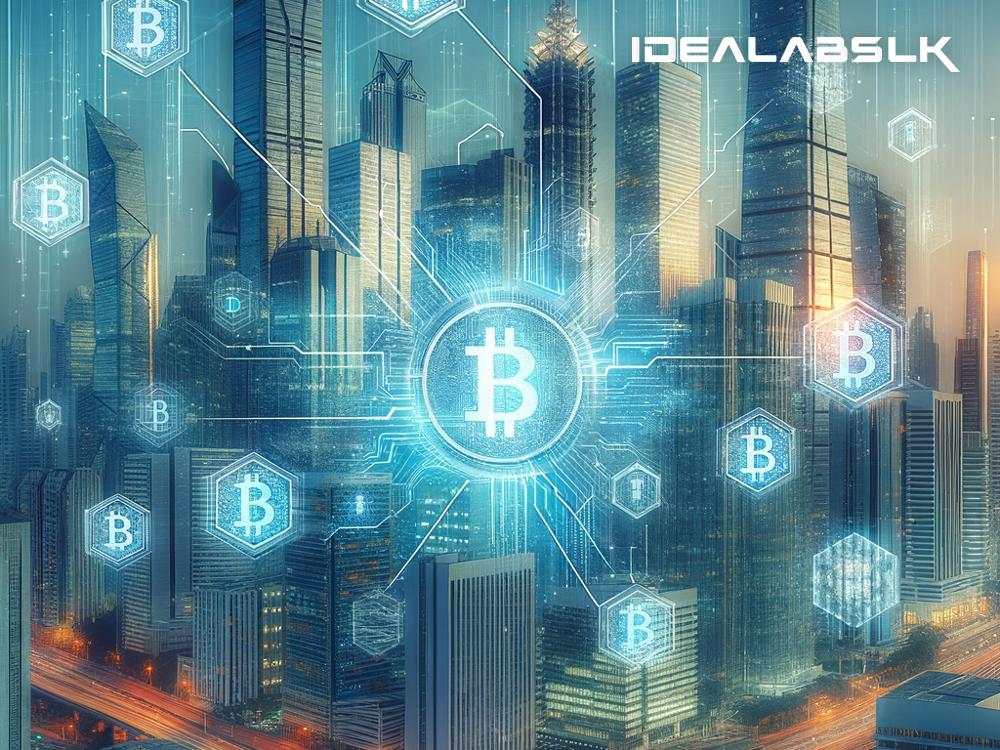Blockchain for Real Estate: Transforming Property Ownership with Tokenization
In the world of real estate, change is not just coming; it's already at the doorstep, knocking forcefully. This change is brought about by the intersection of real estate and groundbreaking technology — blockchain, specifically the concept of tokenization. This innovative pairing is set to revolutionize how property ownership is approached, understood, and managed. So, let's break down this complex sounding concept into simpler terms and explore the impact of tokenization on property ownership models.
What is Blockchain and Tokenization?
To understand the revolution, it's crucial to grasp the basics. Blockchain is a digital ledger technology that records transactions across multiple computers in such a way that the record cannot be altered retroactively. Imagine it as a highly secure, transparent, and unchangeable digital notebook that keeps track of every transaction.
Tokenization, on the other hand, is the process of converting rights to an asset into a digital token on a blockchain. Think of each token as a piece of a puzzle; each piece represents a fraction of the entire asset. In real estate, this means dividing property into shareable and tradable digital tokens, each representing a stake in the property.
Transforming Property Ownership
The traditional path to property ownership is fraught with barriers - high costs, complex transactions, and cumbersome paperwork, to name a few. Tokenization, powered by blockchain, promises a smoother and more efficient approach. Here’s how:
1. Makes Real Estate More Accessible
Real estate investments have traditionally been the playground of the wealthy, mainly due to the substantial initial capital required. However, tokenization democratizes the investment in property by lowering entry barriers. It enables individuals to purchase tokens representing fractions of property, making it easier and more affordable to invest in real estate. This opens up the market to a broader audience, including smaller investors who were previously priced out of the market.
2. Enhances Liquidity
Real estate is notoriously illiquid, meaning it can be hard to convert into cash quickly. With tokenization, however, the trade of digital tokens representing property stakes can occur on secondary markets, much like stocks. This increases the liquidity of real estate investments, allowing investors to buy and sell their stakes more freely and efficiently.
3. Simplifies Transactions
Buying or selling property is typically a lengthy process, bogged down by paperwork, intermediaries, and legal hurdles. Blockchain technology streamlines this process by providing a transparent, efficient, and secure platform for transactions. Smart contracts - self-executing contracts with the terms of the agreement directly written into lines of code - can automate many of the steps, reducing the need for intermediaries and making transactions faster, cheaper, and more reliable.
4. Increases Transparency and Security
The decentralized nature of blockchain ensures that every transaction is transparent and traceable, reducing the risk of fraud. Each token carries the complete history of transactions related to the property, including ownership and price changes. This transparency builds trust among investors, as they have a clear picture of the property's history and ownership.
5. Opens Up New Investment Models
Tokenization not only changes how we invest in real estate but also opens up new models of property ownership. For example, it enables the creation of real estate funds on the blockchain, where investors can buy tokens representing a share in a pool of diversified property investments. This reduces the risk and provides investors with exposure to a broader range of real estate assets.
The Future is Tokenized
The impact of blockchain and tokenization on real estate is profound, heralding a new era of property ownership that is more inclusive, efficient, and flexible. While the road ahead may still have challenges - regulatory hurdles, market acceptance, and technological advancements - the potential benefits are undeniable.
As these technologies continue to evolve and mature, we can expect to see even more innovative approaches to property ownership and investment. The fusion of real estate and blockchain is not just reshaping the rules of the game; it's creating a whole new playing field. Welcome to the future of real estate, where tokenization stands at the heart of transforming property ownership models for the better.

